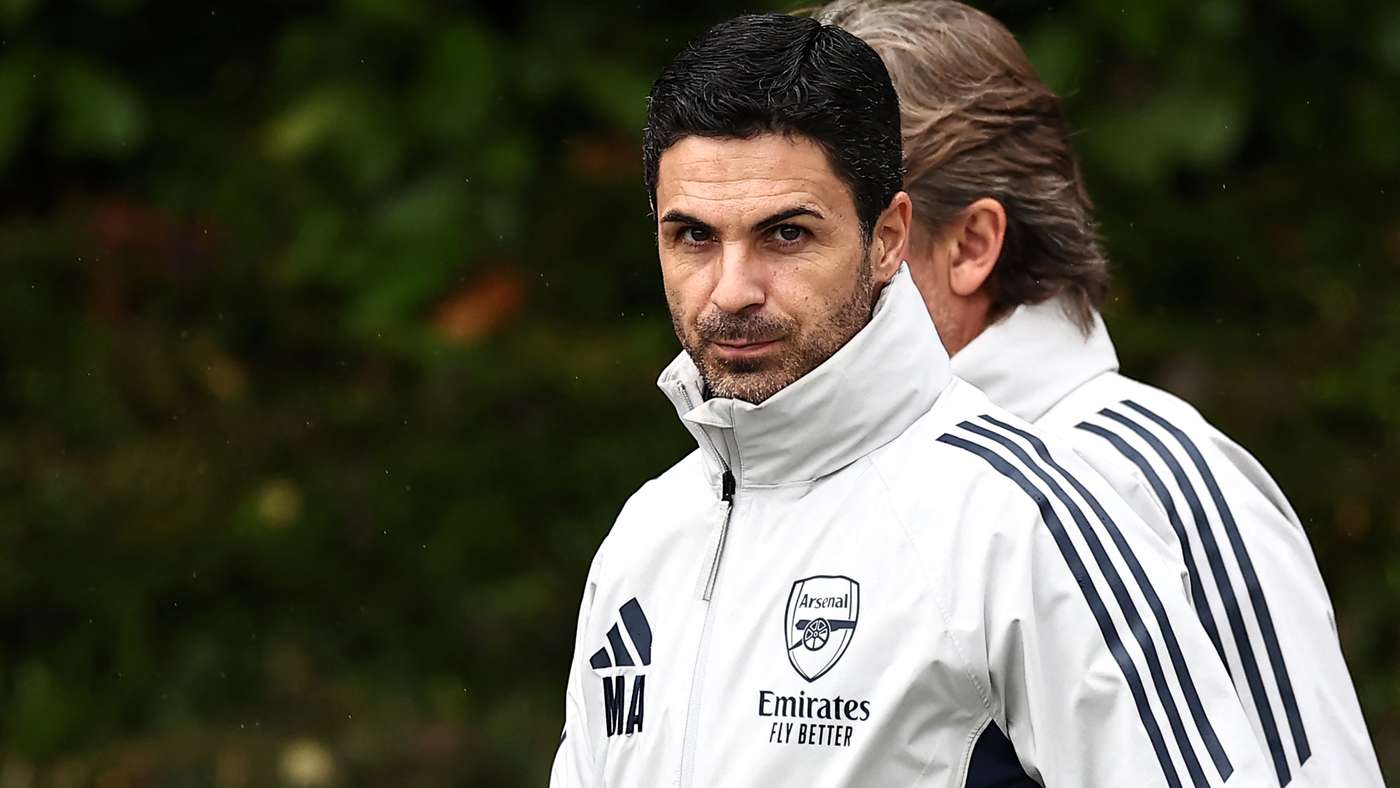Barça’s Fitness Crisis: Flick’s System Under Fire as Distance Metrics Collapse
21 October 2025

Barcelona's alarming physical dip under Flick
Official La Liga data show Barcelona is experiencing a worrying drop in physical metrics under German coach Hans Flick as the 2025-2026 season opens.
According to Spanish outlet Sport, which obtained the figures from La Liga, the numbers reveal a clear decline in running and effort by Barca players compared with last season, both in total distance covered per game and distance covered at high speeds (above 21 and 24 km/h), placing the team well below the league average.
In 2024-2025, Barcelona ranked among the most physically active teams, finishing fifth with an average of 117,429 meters per match, above the league average of 115,572.
Back then, the team combined intensity, ball dominance, and relentless pressing, making it a strong contender until the final whistle. Only Celta Vigo, Atletico Madrid, Girona, and Espanyol outpaced them in this area.
But after just one year, the scene has changed dramatically. In the first eight rounds of the current season, Barça dropped to 15th in distance covered, averaging 113,444 meters per game—roughly four kilometers less than last season’s figures, and below the league average of 115,091. The drop marks a clear dip in intensity and the ability to sustain effort through matches.
The gap to direct rivals has become stark: Atletico Madrid leads this stat at over 120 kilometers per game, while teams like Espanyol, Elche, and Celta Vigo top 117,000 meters.
Barça has slipped to the lower end alongside Athletic Bilbao, Sevilla, and Valencia. Real Madrid, meanwhile, sits bottom for the second straight year, averaging 110,626 meters, even though their vertical style compensates defensively.
Emergency measures followed a heavy 4-1 defeat to Sevilla, with Flick—renowned for tracking physical indicators—holding an emergency meeting with his staff and conditioning coaches less than 24 hours after the loss to analyze performance data and adjust training loads and the schedule.
Domestic league loads, Champions League matches, and international breaks have also drained younger players. Flick refuses excuses and aims to restore the aggression and high pressing that defined last season, designing individualized training plans to improve acceleration and aerobic endurance with the help of the conditioning staff.
The physical drop has directly affected Barça’s playing style, with less vitality and intensity in high-presses compared to last season. The team is not only running less but also accelerating less and attacking with reduced effort. The drops in distances covered at speeds above 21 and 24 km/h illustrate the squad’s diminished energy to reach finishing zones with power.
Flick acknowledges that the lack of intensity undermines the tactical core, so he focuses on precise load management and unseen preparation—rest, nutrition, and injury prevention—to rebuild the physical foundation.
The message in the locker room was clear: return to physical toughness is key to reclaiming the club’s identity.
Even with the season still in its early third, the numbers sounded the alarm. Flick is convinced the solution starts with effort, saying in an internal session: Without effort, there is no style, and effort begins with the physical condition.
Flick also admitted he must change his approach after a red card against Girona on Saturday in La Liga for repeated objections to refereeing decisions, followed by an obscene gesture after a late winner by Ronald Araujo.
Ahead of facing Olympiakos in the Champions League, Flick said: I am not a nervous wreck, but my emotions aren’t what they used to be. He added that he loves Barcelona and gives his all; when he sees himself on screen he doesn’t like what he does and wants his future grandchildren to see their grandfather acting differently, indicating a willingness to adjust.
He explained defensive difficulties, noting that analysis of the Girona match shows the need for better in-field positioning and maintaining appropriate distance between teammates and opponents. If we stay too far apart, we must expend more energy, giving the opponent more time to advance.
In short, the coach is demanding a return to compactness and a disciplined shape to rebuild the team’s identity, with a clear focus on spacing and energy management to sustain pressure high up the pitch.
Punchlines: If Barca’s sprint were a song, it would be a slow ballad. And if effort were a currency, Flick would be minting goal-credits for the whole squad.



